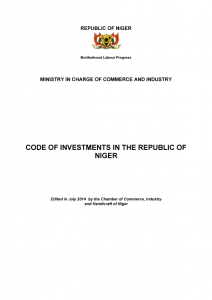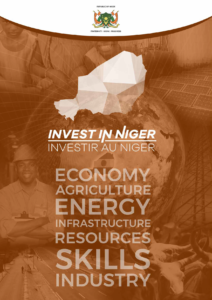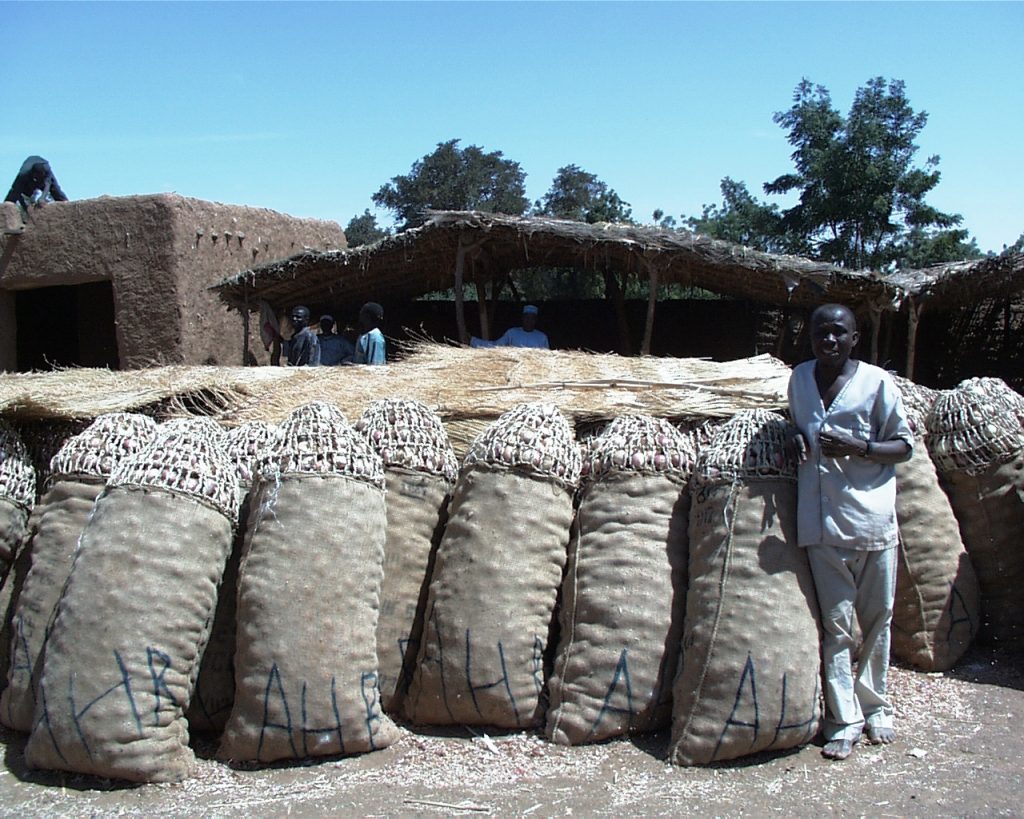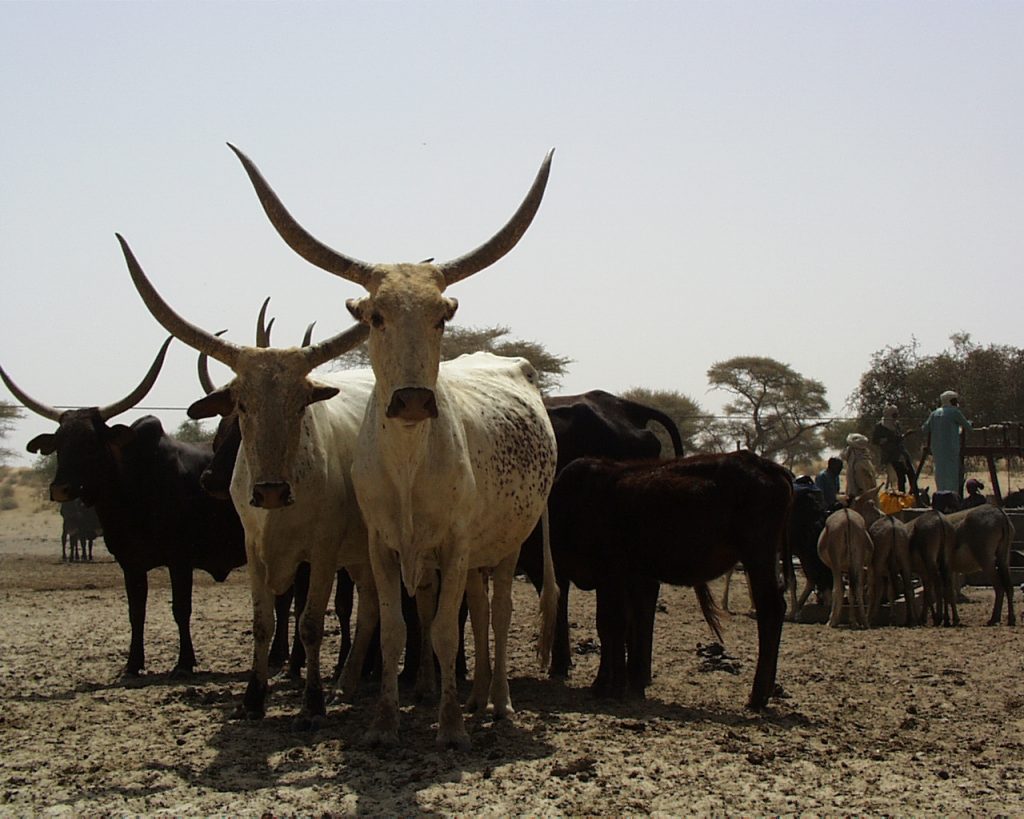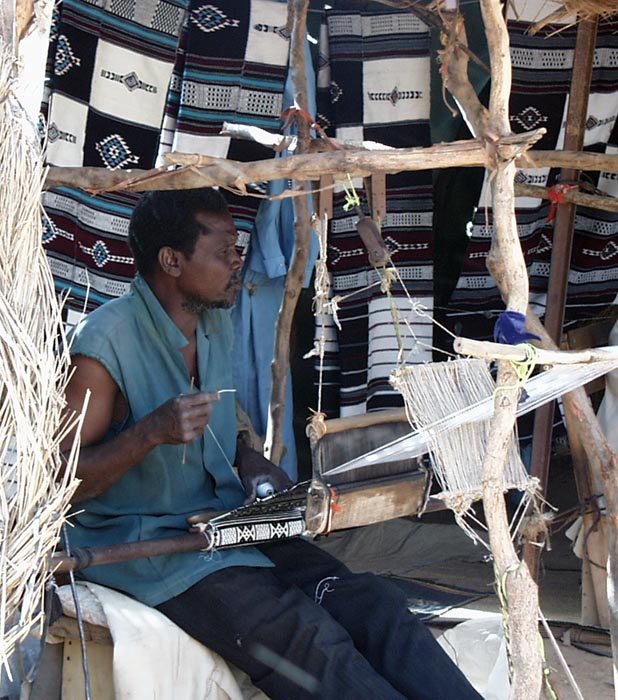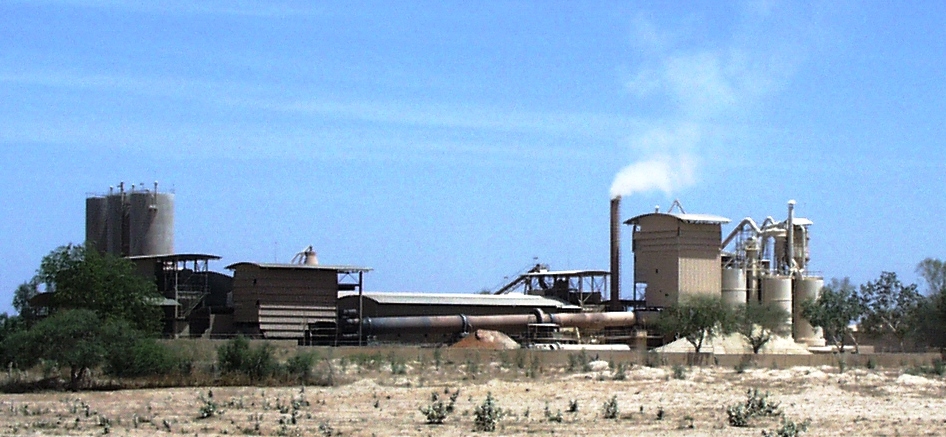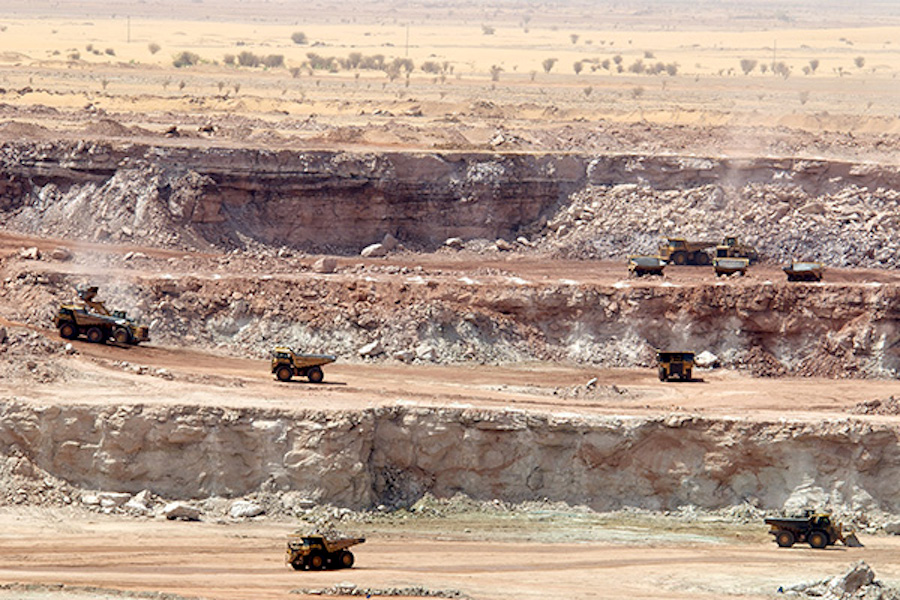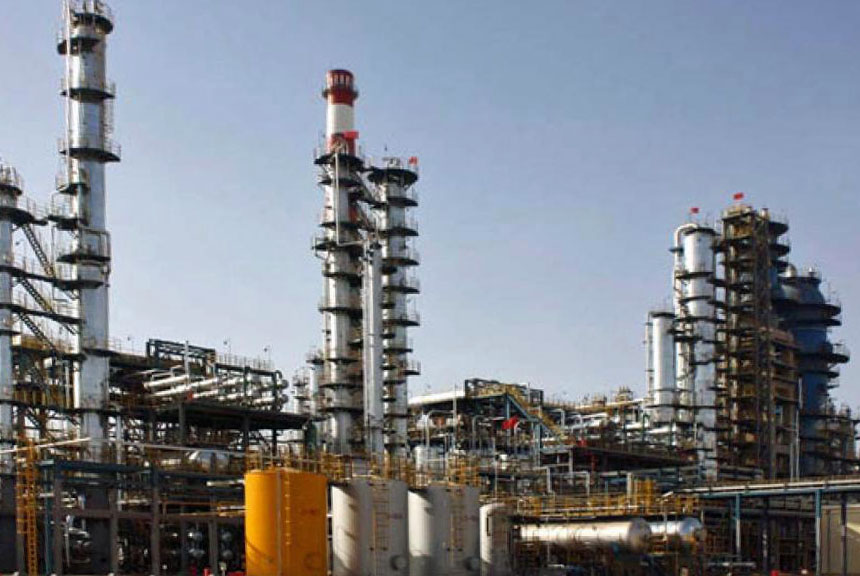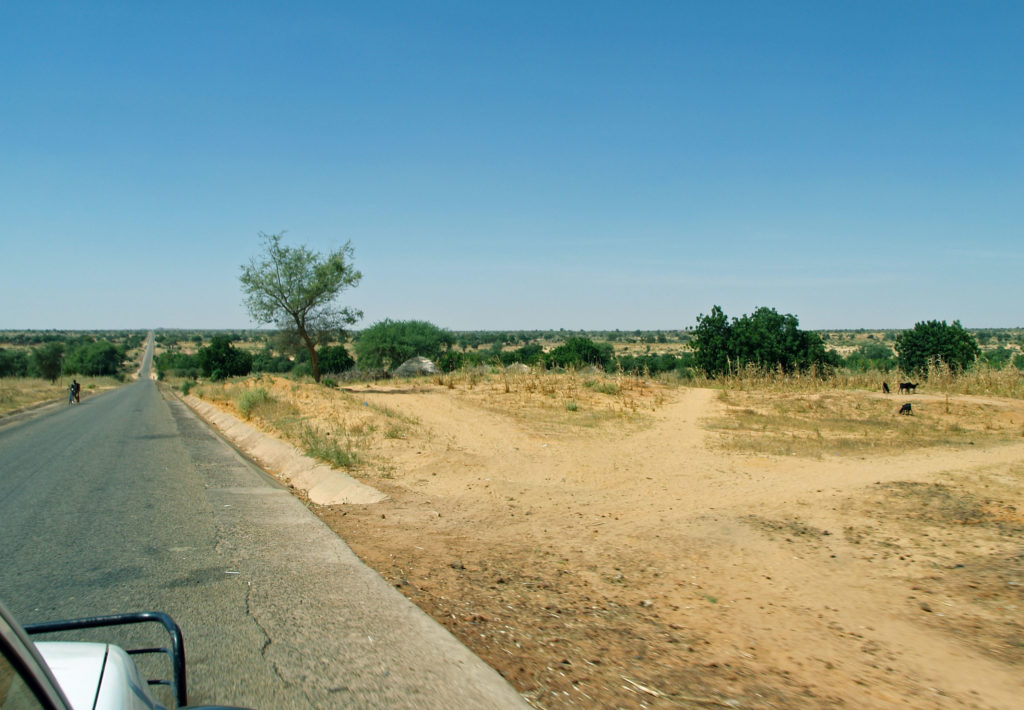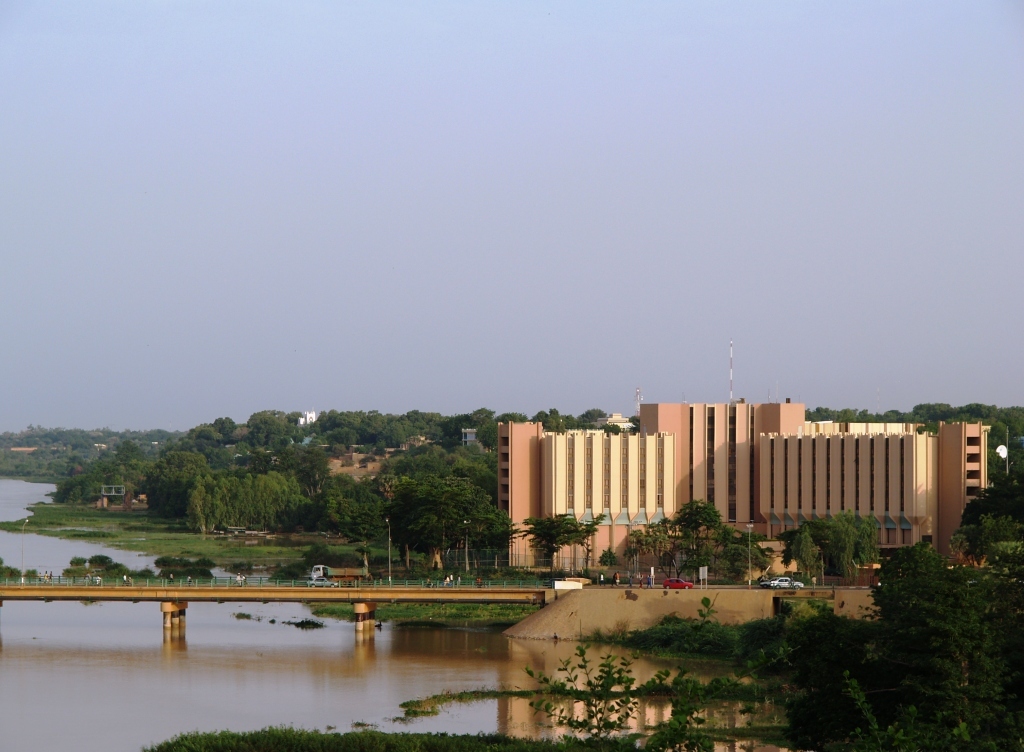Niger’s economy has been traditionally largely based on subsistence crops and livestock. Niger is at the same time a land of opportunities with various assets:
- Niger has vast land areas suitable for the development of more intensive agro- and pastoral-business
- Niger’s basement is rich in mineral resources as uranium, oil and gas, gold, iron, phosphates, coal, limestone, gypsum, cassiterite, etc.
This requires a significant diversification of the economy with the development of a national and international dynamic private sector within clear and favourable regulatory and institutional framework. Niger is today a changing country and offers significant opportunities to both consultants and service providers, contractors and suppliers as well as investors. Such a development contributes getting young people into the labour market and to overall wealth and stability.


